Dr. Ha Thi Thanh Huong (left) on the day she took over as head of the department of tissue engineering and regenerative medicine - Photo: BUI NGHIA
The International Brain Research Organization based in France has just announced the results of the Early Career Award (award for young professors).
Dr. Ha Thi Thanh Huong (born in 1989) - Head of the Department of Tissue Engineering and Regenerative Medicine, Faculty of Biomedical Engineering, International University (Ho Chi Minh City National University) - is one of 15 young researchers worldwide to be awarded the Early Career Award this year.
In 2018, Dr. Huong graduated with a PhD in neuroscience from Stanford University and immediately returned to Vietnam to seek solutions to brain-related problems, contributing to improving the intellectual and mental health of Vietnamese people.
The award, worth 5,000 euros (equivalent to about 140 million VND), aims to support key researchers in the early stages, by providing additional funding to conduct research.
The Early Career Award is based on the quality of the applicant’s previous publications, the importance and persuasiveness of the proposed topic. Applicants must submit an online application describing their current research project, a proposal indicating how the funding will be used and the importance of the project, and a curriculum vitae.
Speaking to Tuoi Tre Online , Dr. Ha Thi Thanh Huong said Alzheimer’s is the disease that causes the highest mortality in the elderly. In the context of Vietnam’s aging population, research on Alzheimer’s is becoming increasingly urgent.
"This year, I applied for this award with the goal of requesting funding for an Alzheimer's diagnosis project. More specifically, my team and I are developing tools to increase the accuracy, reduce the invasiveness, and reduce the cost of diagnosing Alzheimer's. Our team is solving this problem with a multi-dimensional approach, applying artificial intelligence to MRI image analysis, and using breakthrough molecular biology tools such as RNA sequencing in blood samples," she said.
The group has now presented four reports at international conferences on biomedical engineering and received start-up funding from the Vietnam Alzheimer Network, a program sponsored by the National Institute of Health. The group's AI diagnostic model was also in the top 20 of the AI Innovation Competition organized by the Ho Chi Minh City Department of Science and Technology (September 2020).
Source: https://tuoitre.vn/nu-tien-si-tre-viet-nam-dau-tien-doat-giai-thuong-quoc-te-ve-khoa-hoc-than-kinh-20200921183129451.htm


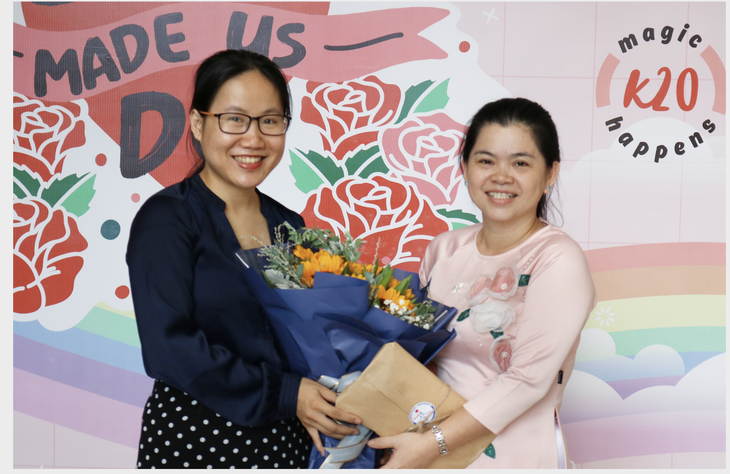

![[Photo] National Assembly Chairman Tran Thanh Man meets with Thai Prime Minister Paetongtarn Shinawatra](https://vphoto.vietnam.vn/thumb/1200x675/vietnam/resource/IMAGE/2025/5/15/e71160b1572a457395f2816d84a18b45)



![[Photo] Prime Ministers of Vietnam and Thailand visit the Exhibition of traditional handicraft products](https://vphoto.vietnam.vn/thumb/1200x675/vietnam/resource/IMAGE/2025/5/15/6cfcd1c23b3e4a238b7fcf93c91a65dd)






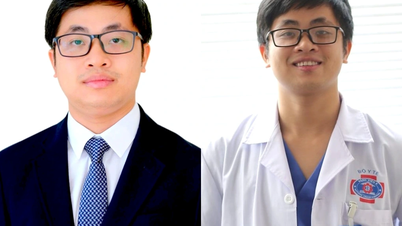



















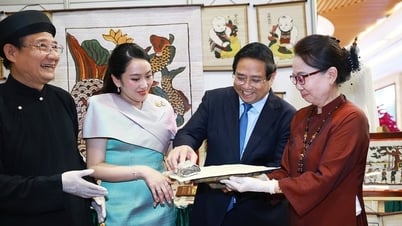

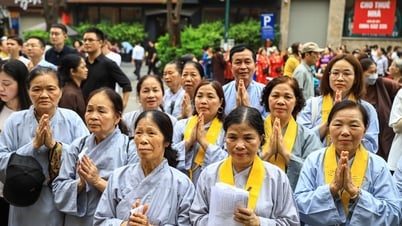
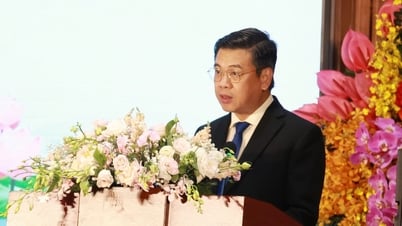





















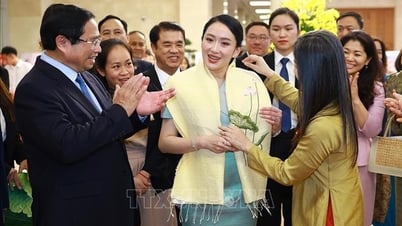

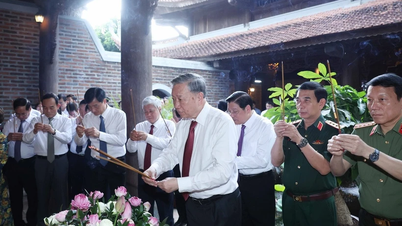
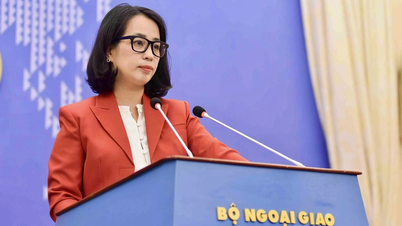










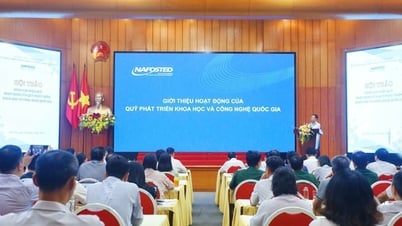

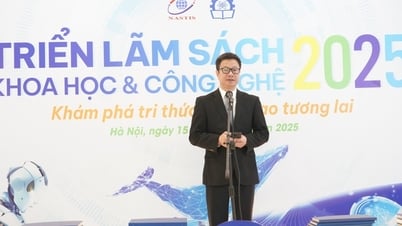






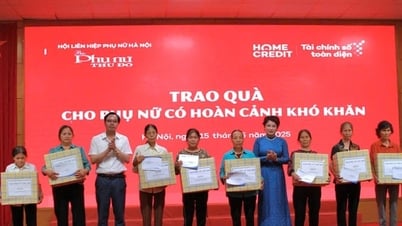











Comment (0)